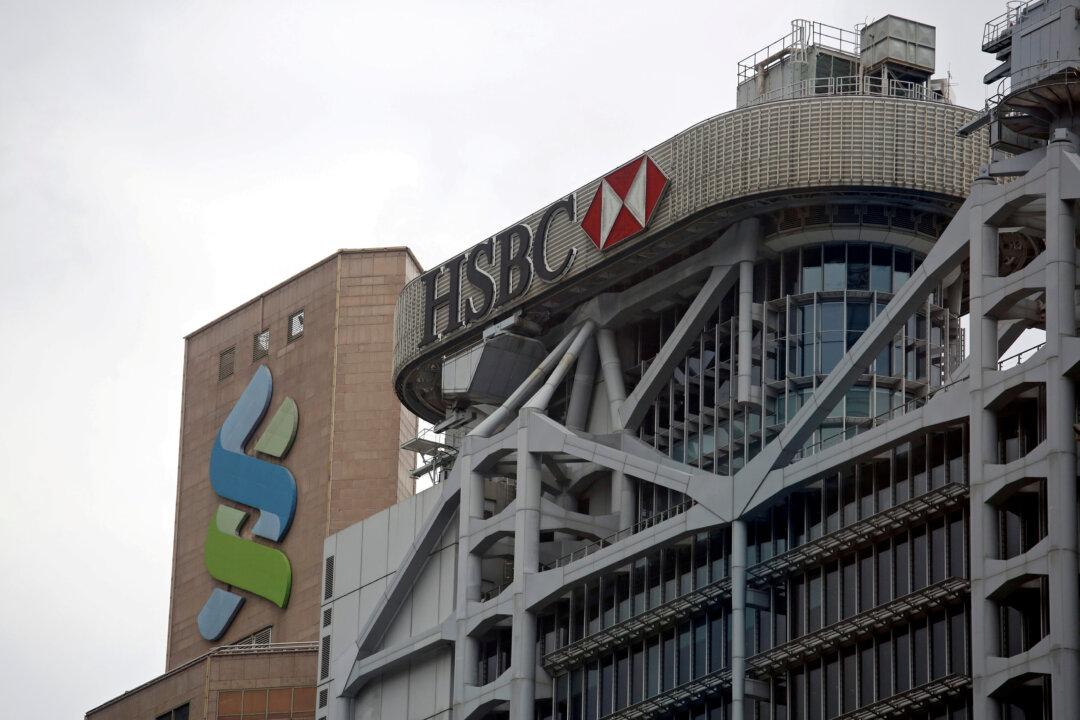LONDON—HSBC is resuming plans to cut around 35,000 jobs which it put on ice after the CCP (Chinese Communist Party) virus outbreak, as Europe’s biggest bank grapples with the impact on its already falling profits.
It will also maintain a freeze on almost all external hiring, Chief Executive Noel Quinn said in a memo sent to HSBC’s 235,000 staff worldwide on June 17 and seen by Reuters.





